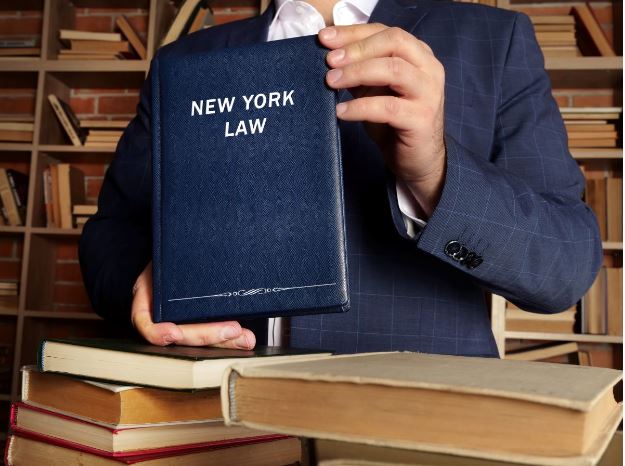New York has one of the most unique and regulated real estate markets in the country. Whether you are a tenant, landlord, buyer, or seller, there are rights and limitations you should know. A commercial or residential real estate attorney can help you.
Below are some of the most unique laws you will find in New York. If you are ever faced with questions, concerns, or even risk of litigation, consulting the law offices of an experienced real estate lawyer is the best course of action.
Disclosure Is a Requirement for Home Sellers
Anyone selling a residential property in New York state is legally obligated to disclose any and all known defects. Failure to do so could result in a $500 penalty for violation of the New York Property Condition Disclosure Act.
Required disclosures include defects related to structural integrity, mechanical issues, environmental risks, and general details about the property (age, average utility costs, etc.)
Residential Inspections Are Not Mandatory
A New York residential property seller may have to disclose known defects, but they are not legally required to hire a professional inspector. Therefore, it is highly advisable that a buyer seeks inspection prior to finalizing an offer.
An Accepted Offer Is Not Final Until You Sign a Contract
In New York, a seller can accept a buyer’s offer, but that does not mean they are legally obligated to give them the property. Likewise, the buyer has the freedom to withdraw their offer at any time. In order to legally bind the transaction, both parties must sign a legal contract. At this point, they are now known as “in contract” under state law.
Furthermore, upon signing the contract, the buyer must provide a downpayment that is not related to the downpayment they give their mortgage lender.
Commercial Renters Do Not Lose Security Deposit Possession
Under N.Y. Gen. Oblig. Law § 7-103(1), a landlord cannot place a tenant’s security deposit into their own personal account. Under the same law, a tenant is still the legal owner of any money they offer in a contract.
In the event of commercial foreclosure, N.Y. Gen. Oblig. Law § 7-105 requires the landlord to return the funds to the tenant, a grantee, assignee, or foreclosure receiver within five days. Failure to do so is a misdemeanor.
New York Real Estate Legal Services
For assistance from an experienced commercial real estate attorney, contact the law offices of Warren S. Dank, Esq., P.C.. Our firm delivers comprehensive support for civil and commercial litigation, foreclosure landlord-tenant disputes, and franchise legal services.
Please send us a message with a brief description of your needs, and we will respond shortly.

